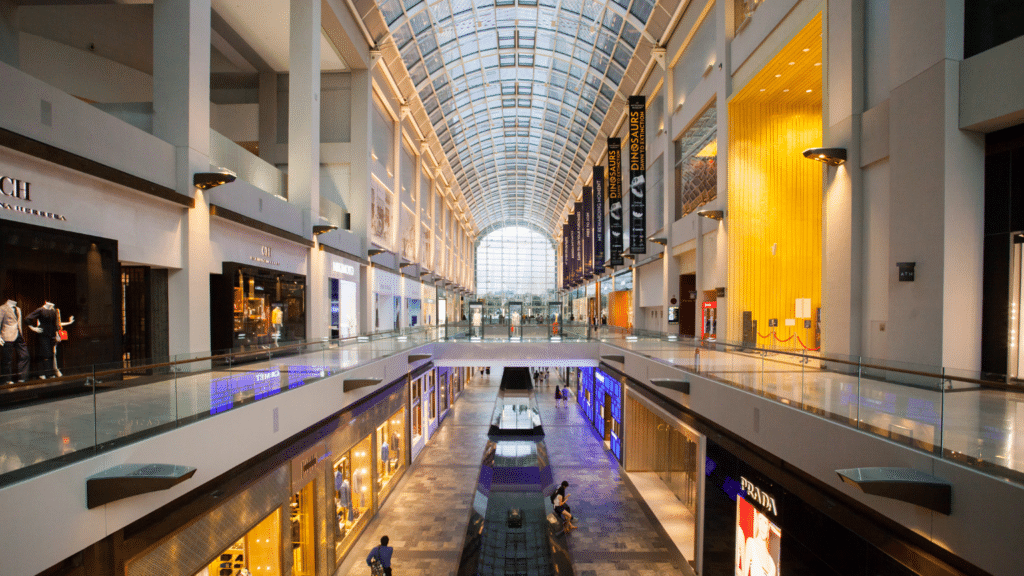
Creating an inclusive retail environment for neurodivergent shoppers
It is reported that at least 20% of the global population (1 in 5) identify as neurodivergent. In 2018, Aspect estimated that approximately 1 in 70 Australians are autistic. It’s
Home

It is reported that at least 20% of the global population (1 in 5) identify as neurodivergent. In 2018, Aspect estimated that approximately 1 in 70 Australians are autistic. It’s

Sedentary work poses a potential hazard that many retailers might not have fully recognised. This encompasses scenarios like head office staff spending prolonged periods sitting or reclining, which are common

The ARA is dedicated to ensuring you stay informed about ongoing developments following the tragic events at Westfield Bondi Junction on Saturday 13 April. As part of our ongoing efforts,

The recent tragic events in Westfield Bondi Junction have shaken the retail industry, not just in Sydney but around the country. Obviously, the people from our sector most impacted were

The country is still reeling from the tragic and horrific events at Bondi Junction on the weekend. We extend our heartfelt condolences to all of those affected by these events

Less than a month out from the Federal Budget, the government has continued its intense reform agenda with Treasurer Jim Chalmers today announcing an overhaul of Australia’s merger laws. We

With the start of the 2024 World Retail Congress now imminent, it is always fascinating to look ahead to the discussions and debates and imagine what will emerge as the

I hope you and your teams have experienced a successful Easter trading period. Whilst the holiday break is expected to deliver something of a sugar hit, overall Australians continue to cut

With Easter break kicking off on Friday, we wish you and your teams a successful and enjoyable holiday period. Our full set of projections for the Easter weekend, in partnership

In a world rich with diverse cultures and beliefs, certain times of the year serve as fundamental to religion, heritage and tradition. This year, Ramadan, Easter and Passover – three
